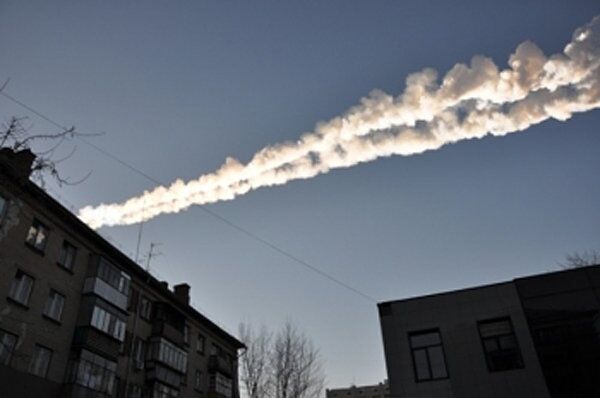Washington, August 5 (RIA Novosti) – The giant meteor that exploded over Russia in February, damaging buildings and injuring more than 1,000 people, may belong to a “gang” of space rocks hurtling towards the planet Earth, the international science journal Nature reported this month.
The 49-foot (15 meter), 11,000-ton (9,979 kg) space rock exploded near the Urals city of Chelyabinsk, Russia on February 15.
Scientists around the world have struggled to determine the meteor’s orbit, but there hasn’t been a defined path to help locate “sibling asteroids” on a similar route, until now.
Carlos and Raúl de la Fuente Marcos, two brothers who are both orbital scientists at the Complutense University of Madrid, ran billions of possible orbits through a computer so they could identify the “most probable orbit,” then compared those results with an asteroid log compiled by the National Aeronautics and Space Administration (NASA).
They found 20 asteroids they believe may be related to the Chelyabinsk meteor. They believe all of the objects may have been formed from one large space rock which came apart up to 40,000 years ago.
The most alarming part of their find? The house-sized Russian space rock may have cut a path for others to follow, meaning, one or more of those 20 asteroids may be headed our way.
“More objects with the same orbital signature may encounter our planet in the future,” said Carlos Marcos.
The good news is that the gravitational pull from the planets may have modified the original flight paths of the meteor family, Nature reported August 2, moving them so they are not on track to collide with Earth after all.
The two brothers admit the orbits for the remaining asteroids in the group are not certain, and said the space rocks may not be related at all.




